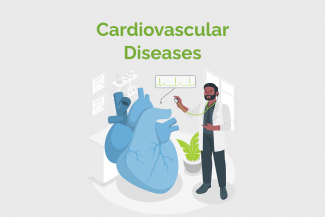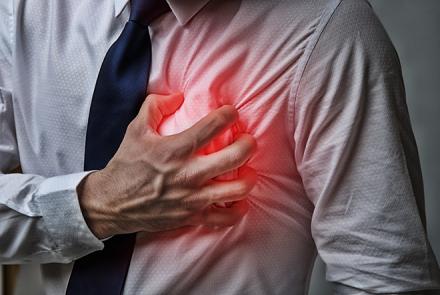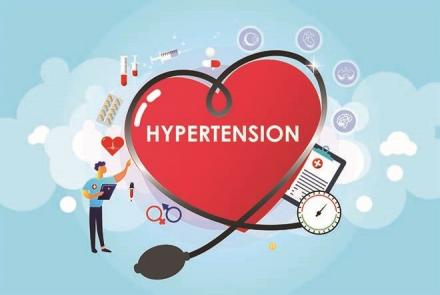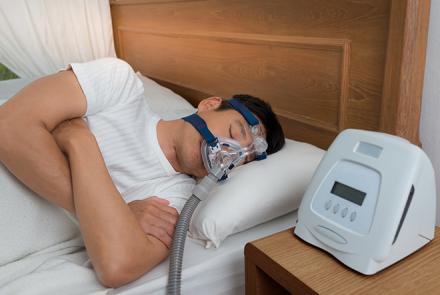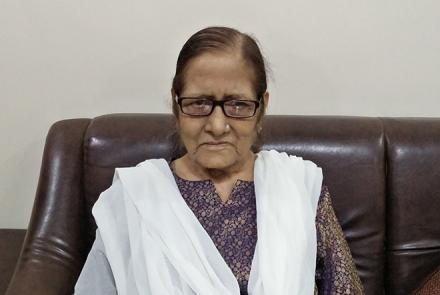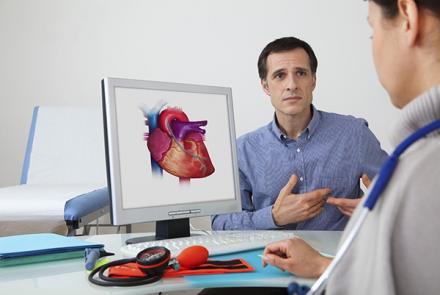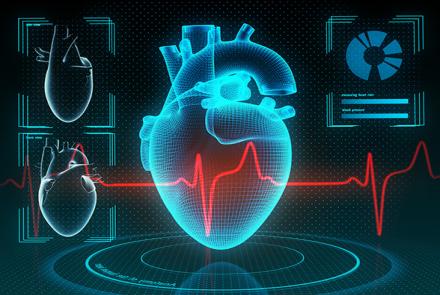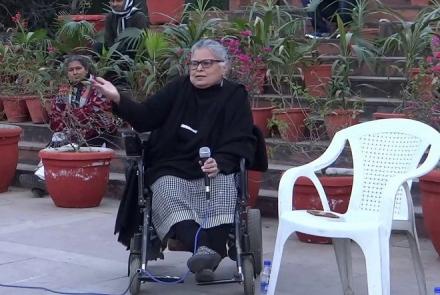
Your doctor may recommend the following tests:
ECG (electrocardiogram): This records electrical impulses of the heart and can help the doctor detect irregularities in your heart’s rhythm and structure.
Chest X-ray: Reveals whether the heart is enlarged or not.
Echocardiogram: To see images of the heart’s structure and function.
Cardiac catheterisation (coronary angiogram): This involves running a slim catheter in to the heart. The doctor then uses this to diagnose the condition of the heart and even carry out treatments.
Heart biopsy: Sometimes a heart biopsy will be done as a part of cardiac catheterisation if your doctor suspects that you have heart inflammation. A tiny sample of your heart tissue will be removed and sent to the lab for testing.
Pericardiocentesis (Pericardial tap): This involves using a needle to get a sample of fluid in the sac surrounding the heart. This is done to check whether the fluid collection in the pericardium is due to infection, spread of cancer or possibly an autoimmune condition.
Cardiac CT scan: This visualises the heart’s anatomy to check for heart failure or heart arrhythmias.
Cardiac MRI: This offers images of the beating heart and arteries so doctors can see how your heart is working.
Different stages of heart disease (according to the American Heart Association)
Stage A: Presence of heart failure risk factors but no heart disease and no symptoms.
Stage B: Heart disease is present but there are no symptoms.
Stage C: Structural heart disease is present and symptoms have occurred.
Stage D: Presence of advanced heart disease with continued heart failure symptoms requiring aggressive medical therapy.
Further Reading: Understanding The Maze Of Cardiac Tests

